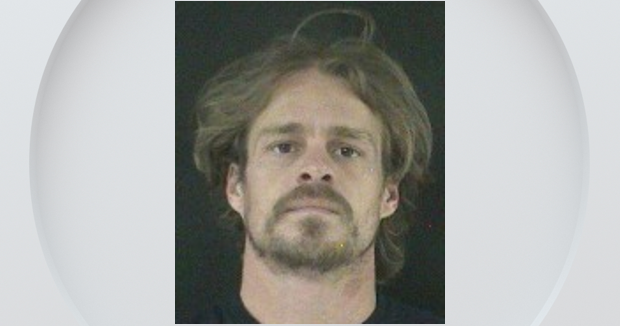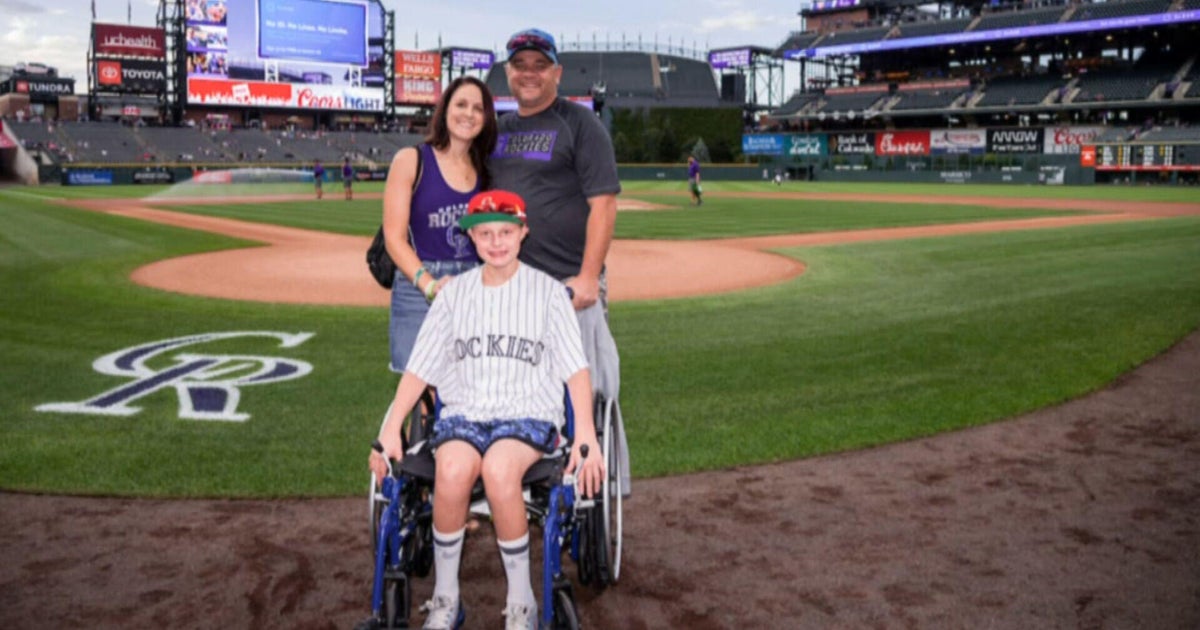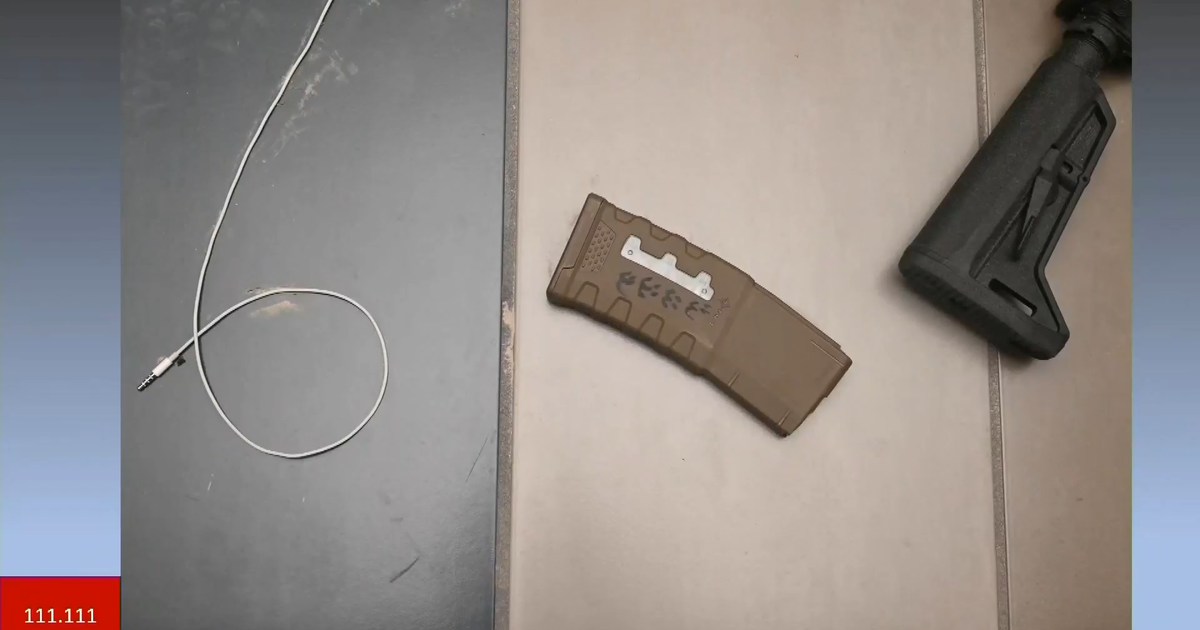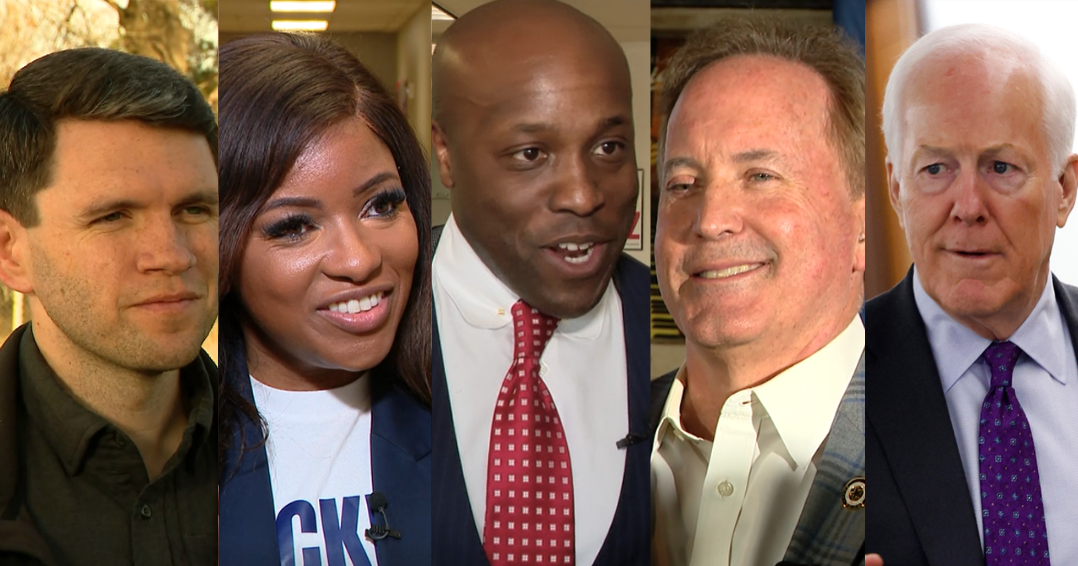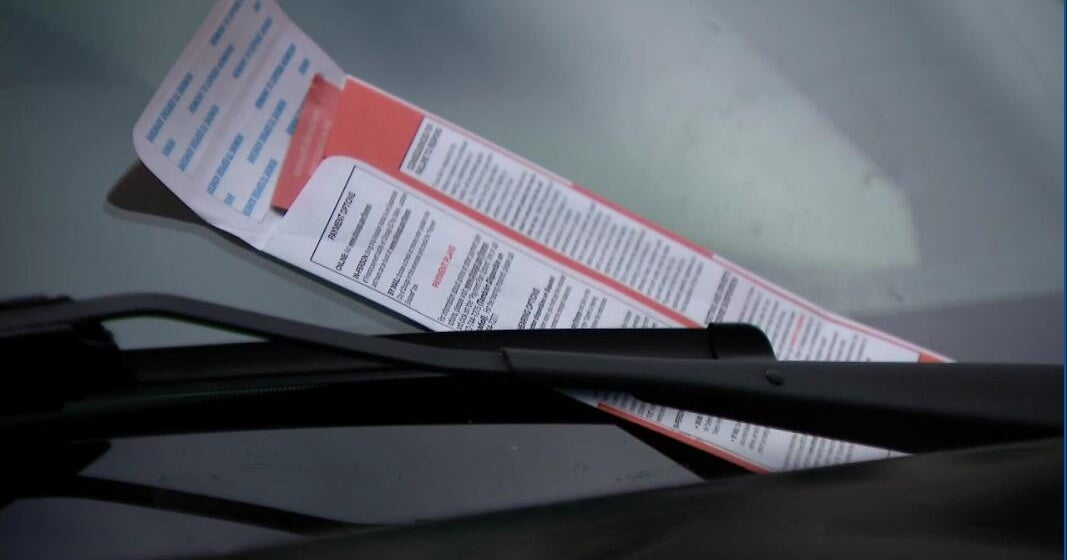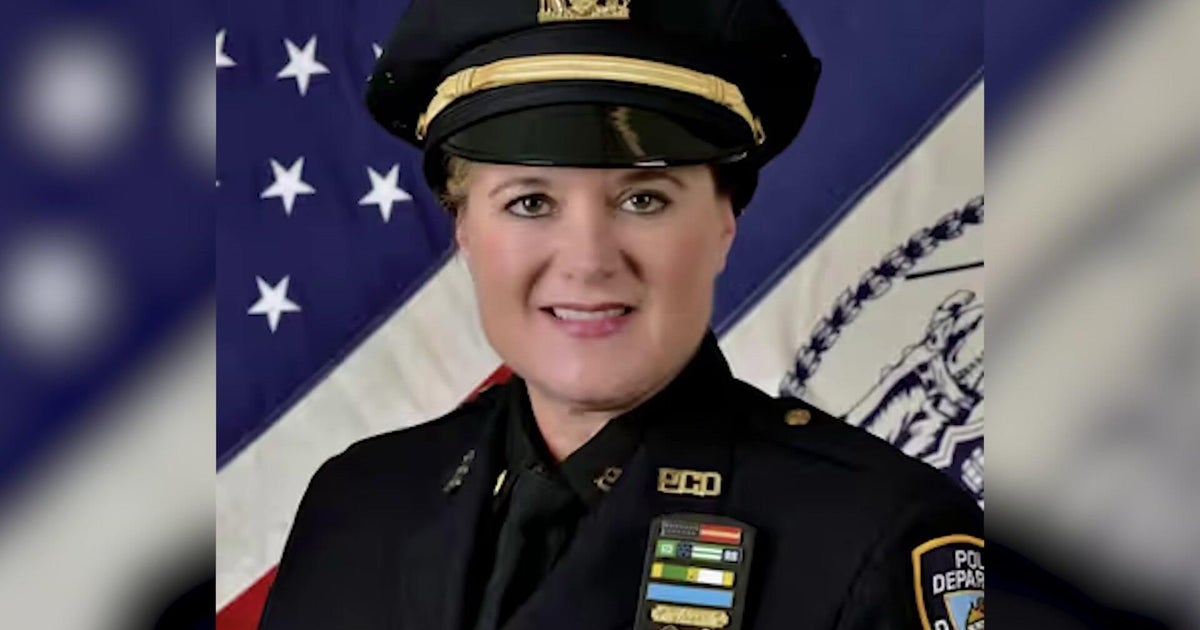Suit Challenging Colorado School Funds Goes To Trial
DENVER (AP) - Democratic Gov. John Hickenlooper and Republican Attorney General John Suthers say a lawsuit questioning how Colorado funds education could cost the state billions of dollars and open the door for more court challenges by groups unhappy about other parts of the budget.
But the attorneys representing dozens of plaintiffs in a trial that begins Monday argue that's not the case. They say poor communities are at a funding disadvantage and the lawsuit seeks a judge's declaration that Colorado is violating its own constitutional mandate requiring a "thorough and uniform" education system.
"It shouldn't matter whether the end result has a dollar amount attached," said Kathy Gebhardt, the lead attorney in the lawsuit, which includes more than two dozen school districts and several parents.
The Colorado Constitution's reference to education is meant to ensure that K-12 education is free and available to all, not to dictate how the system should be funded, Suthers said. He said the issue should be decided by the Legislature and the public, not the courts.
The case, which began in 2005, has triggered a big public relations battle from both sides. Supporters have scheduled press briefings and a Sunday rally at the Capitol. Meanwhile, Hickenlooper and Suthers are painting a grim picture of what will happen if the state loses: Colorado will be forced to spend an additional $2 billion to $4 billion in K-12 education, on top of the $3 billion -- more than 40 percent of the general-fund budget -- it already spends.
The additional funding estimate is a figure from the plaintiffs, but Gebhardt said the number is simply an analysis of how underfunded schools are.
"So we're not asking for the court to say to the state of Colorado, `You must fund $4 billion dollars by X date.' That's not what we're asking," she said.
Suthers disagrees and contends the plaintiffs are inaccurately portraying the case as not being about money. He called the estimate "mind-boggling amounts of money."
Hickenlooper said being forced to pay more for education would take "essentially all the state's general fund," and that other parts of the budget would suffer as a result.
"No money for prisons, no money to federal match to health care, no money for a higher education. You can go down the list," Hickenlooper said. "The ramifications of that, I can't even comprehend."
He said if the state loses, it would also set a precedent for courts "coming in and deciding all kinds of allocations" and peering "over the Legislature's shoulder."
Gebhardt disagrees with that argument. "We believe the constitution's been violated," she said.
The lawsuit failed in Denver District Court and the appeals court before the state Supreme Court reversed those decisions in October 2009 and sent the case back to district court.
The Supreme Court decision said that the lawsuit's claim that the education system is "severely underfunded and allocates funds on an arbitrary and irrational basis" is justifiable, reversing the lower courts' decisions that the question of education funding is not a judicial matter.
The Supreme Court justices ruled that it's not their role to say whether there's a better system for funding education, "but merely to determine whether the system passes constitutional muster."
Gebhardt said if the lawsuit succeeds, the court would not set a dollar amount for the state to fund education but direct the Legislature to come up with a solution, such as referring a tax hike to voters.
She said that what the plaintiffs want is for "a research-based, targeted, strategic amount of money" to go to areas that could benefit from the sources, including poor rural districts in southern Colorado, which make up several of the lawsuit participants.
Suthers cited Wyoming and Missouri as other cases where states have been sued by groups dissatisfied with education funding. He said results there have not improved.
"Just pouring money into the schools doesn't produce a better quality product," Suthers said.
The trial is expected to last five weeks.
Separate from the lawsuit, a group of school supporters who want to ask voters next year to raise taxes for schools planned to drop of petitions Monday with the state secretary of state, which will determine if there are enough signatures to put the question on ballots next year.
- By Ivan Moreno, AP Writer
(Copyright 2011 by The Associated Press. All Rights Reserved.)
